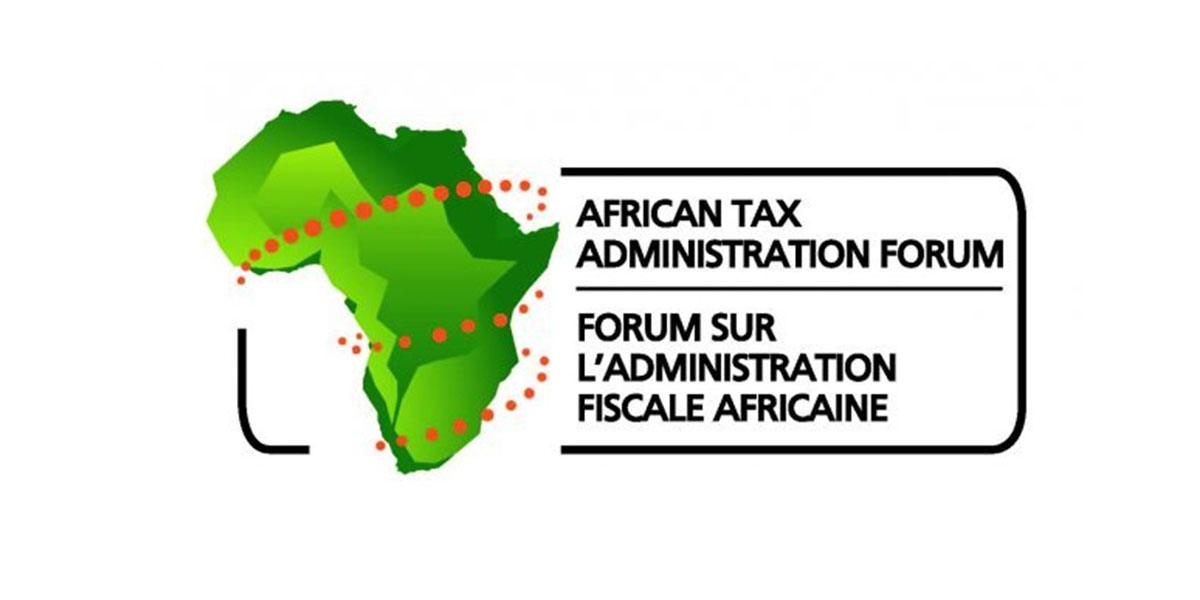A communication of 9 July 2024 from the African Tax Administration Forum (ATAF) announced that the organisation aims to support member countries in implementing robust tobacco tax strategies by means of workshops, seminars and technical assistance.
Domestic revenue mobilisation has a vital role in promoting Africa’s social and economic growth. The African Tax Administration Forum (ATAF) is therefore launching a groundbreaking project on tobacco tax, in collaboration with the Bill and Melinda Gates Foundation (BMGF). Currently the tax-to-GDP ratios of African countries are lower than the recommended levels. The joint project aims to use the power of tobacco tax policy to boost revenue generation without unduly burdening the taxpayers. The project is in line with the sustainable development goals (SDGs) and with Agenda 2063, encouraging positive behavioural change by increasing tobacco costs.
The evidence indicates that increasing tobacco prices is the most effective preventive measure, and urgent action on tobacco control is needed. The scope of the project reaches beyond traditional cigarettes, to cover emerging tobacco and nicotine products. As electronic cigarettes and heated tobacco products are gaining ground, there is an urgent need for effective taxation and regulation. By addressing tax evasion and the illicit tobacco trade, the project aims to safeguard public health and government revenue.
Governments face challenges of designing effective tax structures and combating the illicit trade in tobacco. ATAF aims to support them by bringing together research, capacity building, and technological innovation. Through this project ATAF aims to support member countries in implementing strong tobacco tax strategies, imparting knowledge through workshops, seminars, and technical assistance.
The project can improve the health and economic situation of African countries by promoting collaboration among policymakers, tax administrators, and civil society organizations. The potential rewards are high and can be achieved through the support of ATAF in policy briefs, workshops, and conferences.












